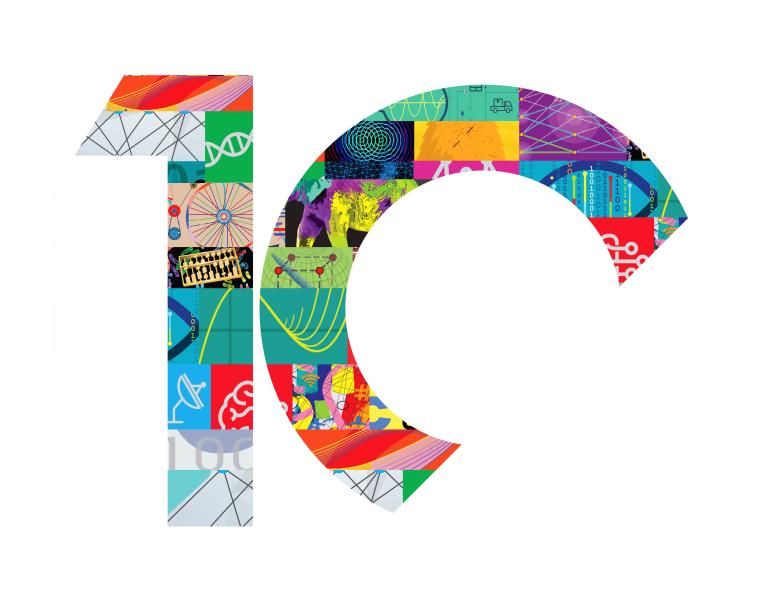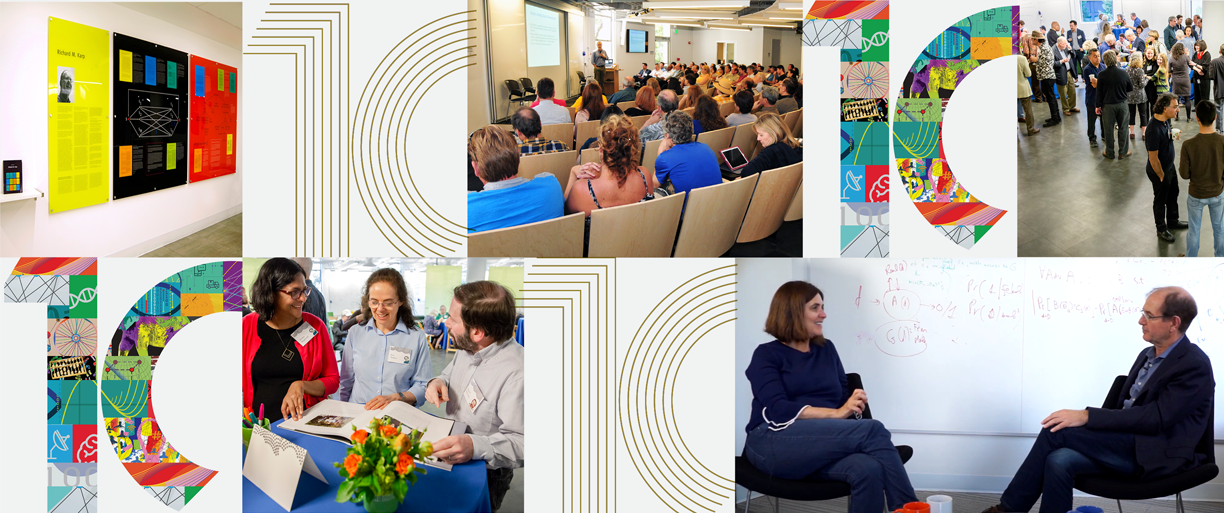
Location: Krutch Theatre, UC Berkeley Clark Kerr Campus

Many thanks to those who joined us in Berkeley to celebrate a decade of collaboration and discovery at the Simons Institute! Our 10th Anniversary Symposium highlighted key research results in the theory of computing during the last ten years, and contemplated research directions for the decade to come.
The talks are now viewable on our SimonsTV YouTube channel.
Established on July 1, 2012 with a generous ten-year grant from the Simons Foundation, the Simons Institute for the Theory of Computing is the world's leading venue for collaborative research in theoretical computer science. The Simons Institute brings together the world's leading researchers in theoretical computer science and related fields, as well as the next generation of outstanding young scholars, to explore deep unsolved problems about the nature and limits of computation.
Symposium topics included coding theory, complexity, optimization, combinatorics, obfuscation, network flow, beyond worst-case analysis, adaptive data analysis, machine learning, quantum computing, game theory, blockchain, lattice cryptography, and the intersections of theoretical computer science with finance and neuroscience, to name a few.
The symposium took place in person in Berkeley.

SCHEDULE
Location: Krutch Theatre, UC Berkeley Clark Kerr Campus
Wednesday, May 25th, 2022
Thursday, May 26th, 2022
Friday, May 27th, 2022
|
9 – 9:30 am |
|
Coffee and Check-In |
|
9:30 – 10:10 am |
|
WE, THE PEOPLE, AGREE |
|
10:10 – 10:40 am |
|
Replicability, Pseudodeterminism, and Proofs |
|
10:40 – 11 am |
|
Break |
|
11 – 11:30 am |
|
Fragile Algorithms and Fallible Decision-Makers |
|
11:30 am – 12 pm |
|
Log-Concavity in Matroids and Expanders |
|
12 – 1:30 pm |
|
Lunch |
|
1:30 – 2:10 pm |
|
How Does the Brain Create Language? |
|
2:10 – 2:40 pm |
|
Questions of Scientific Validity in Machine Learning |
|
2:40 – 3:40 pm |
|
Panel Discussion: Industry and Theory Mike Luby (moderator, BitRipple), Ravi Kumar (Google), Vitaly Feldman (Apple), Silvio Micali (Algorand), Yael Kalai (Microsoft Research), Parikshit Gopalan (Apple), Mariana P. Raykova (Google) |
Please direct any questions to Simons Institute events staff at simonsevents@berkeley.edu.
Check out our 10th anniversary on social media
We will be remembering key moments from our first decade throughout our anniversary season...

![]()

… and offering ways for you to get a specially designed commemorative tee-shirt!
Support our Annual Fund
Support our community fund to enable the expanding reach of our research and convenings
…and make a permanent imprint on the Institute’s next decade!


